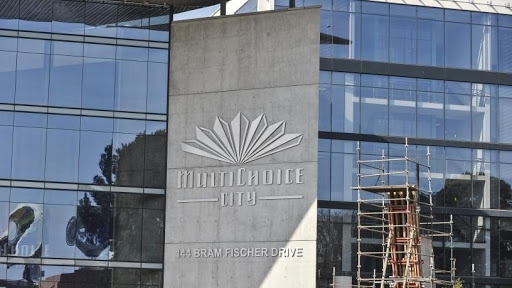Economic Empowerment Bill to give local businesses a boost
THE Economic Empowerment Bill, which is being crafted is set to bring about much-needed relief to local businesses in Matabeleland South that have struggled to compete with established foreign investors.
The Bill seeks to repeal the Indigenisation and Economic Empowerment Act (Chapter 14:33) paving the way for the enactment of the new Economic Empowerment Act. It is also expected to create resource and administrative structures for supporting the economic empowerment of citizens. The Bill will see the creation of the National Economic and Economic Fund for the capitalisation of SMEs.
In an interview, Gwanda Business Association secretary-general, Mr Hardpass Mutema said the bill will give local businesses a chance to stand against well-resourced foreign investors who have been dominating some of the business sectors in the country.
He said the draft bill has specified areas, which are reserved for local investors.
According to the draft bill, certain trades and businesses will be reserved for citizens.
The Minister may make regulations declaring any business to be a reserved business and a licence for such reserved business shall be issued only to citizens of Zimbabwe or companies wholly owned by Zimbabweans.
“As local business people, the Economic Empowerment Bill will be about the much-needed empowerment, which we have been robbed of for many years. We will be shielded from foreign companies, which might want to dominate sectors such as retail and manufacturing. These are sectors that should be reserved for locals and we are grateful for the empowerment, which the Government seeks to provide for us through this bill.
“The biggest challenge which we are facing as local investors is on securing funding, which will enable us to compete with foreign investors. These foreign investors will be well-resourced in terms of equipment and funds, which gives them a better chance to secure investment opportunities,” he said.
The Second Republic attaches special importance to opening up of the nation for business, hence the promulgation of the Finance Act No.1 of 2018, which amended the Indigenisation and Economic and Empowerment Act. The amendment removed the 51/49 indigenisation shareholding cap.
The new law will be aligned with the Constitution of Zimbabwe, The National Development Strategies, Vision 2030, and the United Nations Sustainable Development Goals and to the African Union Agenda 2063.
Speaking recently during a consultation meeting in Gwanda, Ministry of Industry and Commerce legal officer, Ms Tatenda Mutawarira said they were conducting consultative meetings for the draft bill across all provinces in the country to incorporate the input of as many stakeholders as possible.
She said the draft bill was formulated through a multi-stakeholder consultative process under the whole-of-government approach.
“We are coming up with an Economic Empowerment Bill, which will replace the Indigenisation and Economic Empowerment Act which is the existing legislation. We are conducting stakeholder consultations as the Ministry of Industry and Commerce where we are presenting the draft bill to stakeholders to get their input. The input which will be gathered will then be incorporated in the draft,” she said.
The Act was amended several times by the Finance Acts, particularly Finance Act number 3 of 2013 and Finance Act number 1 of 2018, this amendment seeks to bring it up to date with what is prevailing as well as to ensure that it is aligned with the Constitution. It aims to address the shortcomings of the economic empowerment environment, which have resulted from the change of the National Trajectory which has done away with majority shareholding of Black Zimbabweans in every company and the expected international and regional best practices.
The inefficiencies have resulted in challenges in attracting investors. The Bill seeks to create a more just and equitable society by promoting economic empowerment of Zimbabweans, particularly women, youth and other marginalised groups.
The Bill also seeks to create an enabling environment for the growth of a diversified local economy and to increase access to economic activities, infrastructure and skills training. By achieving these objectives, the Bill will help to promote sustainable development and general prosperity in Zimbabwe. —-chroncile








